EXPENSES AFTER BUSINESS INCOME CEASES
In a November 16, 2018 Tax Court of Canada case (Tournier vs. H.M.Q., 2017-4483(IT)I), at issue was whether a lawyer’s file storage costs in respect of client records would be deductible after operations had been wound-up and no further business revenue was earned. CRA argued that the expense would not be deductible unless it was incurred for the purpose of gaining or producing income from business or property (Paragraph 18(1)(a)). In other words, since the expenditure would not support ongoing or future business, it should not be deductible.
Taxpayer wins
The Court first stated that while in the business of providing legal services to clients, the taxpayer was accruing annual “run off” responsibilities concerning file retention, accessibility, and, ultimately, future storage obligations. In particular, it was noted that the professional liability insurer recommended that client files be retained, depending on the type, for 3 to 25 years.
The Court determined that the past accrual of future record keeping services, the file storage, and the need to protect her insurance coverage for past legal services, represent the enduring and current provision of legal services, beyond the period in which the income was received. As such, the ongoing storage expenses were determined to be deductible.
Expenses incurred after income cessation
The Court case also contained a few references where expenses were deductible after the earnings had ceased. They include:
Temporary hiatus from the practice of law with a future intention to profit is sufficient to show no business cessation.
Activities continued after cessation of business that are identical to activities undertaken during active operations were indications of a partial continuation of business activities.
The completion of steps necessary to wind up a business after cessation may be evidence of a sunset phase of the business even though no income is sought, procured or earned.
For further information see Video Tax News Monthly Tax Update Newsletter, Issue No. 449.
